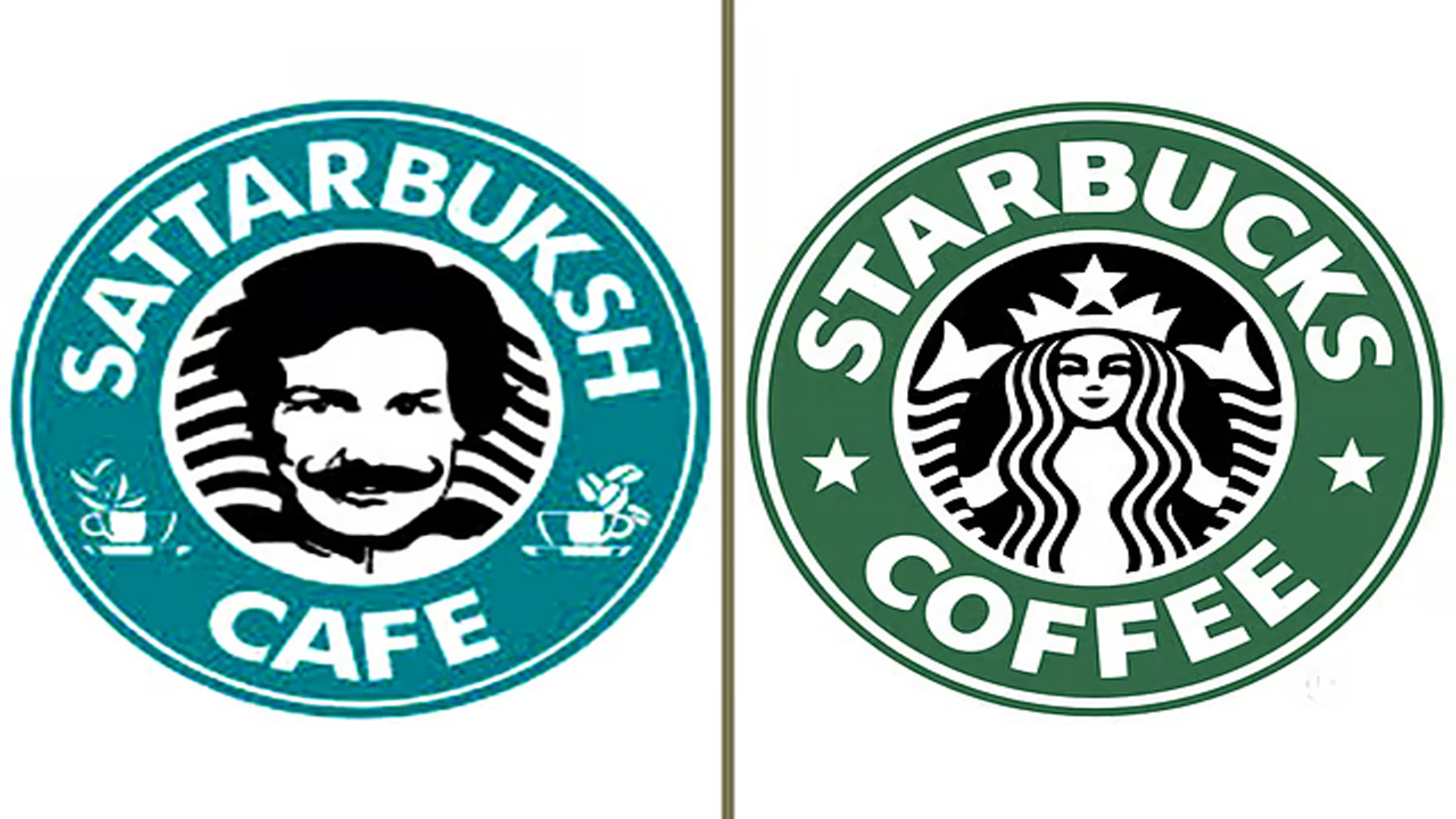Highlights:
- Pakistan’s Karachi-based café Sattar Buksh wins a historic legal battle against global coffee giant Starbucks.
- The case was about the café’s name and logo, which Starbucks claimed were too similar to theirs.
- Founders of Sattar Buksh argued their brand was a cultural parody, not imitation.
- The court ruled in favor of the local café, calling it a win for local creativity and cultural identity.
The Beginning of the Trademark Dispute
In Pakistan, a small café named Sattar Buksh became the center of international attention when global coffee chain Starbucks accused it of copying their name and logo. Many people thought the café’s green round logo with a mustached man in black and white looked similar to Starbucks’ famous mermaid symbol. Even the pronunciation of the names sounded alike, which fueled debate online.
Starbucks filed a legal case against the café, despite having no official branch in Pakistan at that time.
Read More: Investment Falling, Mob Violence Rising in Bangladesh: Rumin Farhana
Origins of Sattar Buksh
Sattar Buksh was founded in 2013 by two entrepreneurs, Rizwan Ahmed and Adnan Yusuf. From the start, it drew attention because of the similarities with Starbucks.
However, the founders strongly denied copying. They explained that the name “Sattar Buksh” is deeply connected with Pakistani culture and history. According to them, their brand was created as a satire rather than an imitation.
They also pointed out clear differences between the two logos — such as the moustached male figure, font design, and colour tones.
Unique Identity Beyond Branding
Apart from its branding, Sattar Buksh built a unique identity through its food and drinks. The café offered a mix of local and international Flavors — from burgers and pizzas to traditional Pakistani dishes like shisha.
This blend made the café a popular hangout spot and gave it an identity far beyond just being a parody of Starbucks.
Starbucks’ Argument in Court
Under Pakistan’s Trademark Law, well-known global brands are protected from imitations that can mislead customers or weaken their identity. Starbucks argued that Sattar Buksh had violated these rules by creating confusion among consumers.
The Court’s Decision
After years of hearings, the court finally ruled in Favor of Sattar Buksh. The judges acknowledged the café’s cultural context, parody nature, and unique menu offerings. With this decision, Sattar Buksh was allowed to continue operating under its original name and logo.
A Symbolic Victory
This legal win is being celebrated across Pakistan as a rare triumph of local creativity over global corporate power. Analysts say it proves that local satire and cultural expression can stand strong even against multinational giants.
For many entrepreneurs, the victory is a sign that small businesses can protect their originality while maintaining international standards.
Source: Somoy Tv
Share via:


















